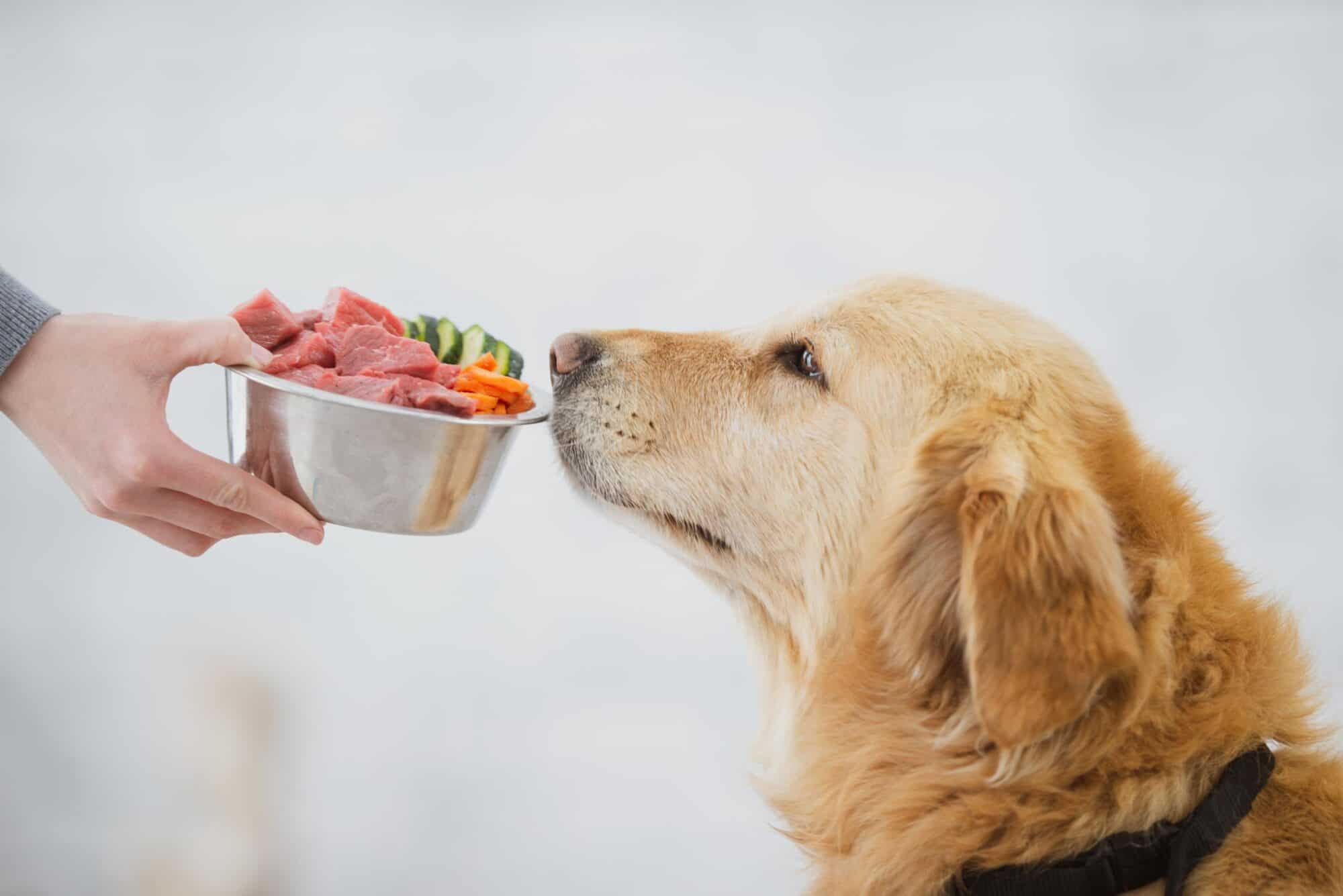Nutrition Tips for Keeping Your Pet Healthy and Happy

Mealtimes should be delicious and nutritious for our furry family members, but choosing a healthy pet diet is easier said than done. The variety of brands, flavors, and textures available in-store and online can be overwhelming. And do buzzwords like “grain-free” and “human-grade” matter? At Caring Paws Animal Hospital, we’re always happy to provide nutritional guidance, and in this blog, we share some of our favorite pet nutrition tips to help you choose a balanced diet for pets.
Pet Nutrition Tips for Your Furry Family Members
When it comes to selecting a balanced diet for pets, some general guidelines apply to both cats and dogs, including:
- A high price tag doesn’t guarantee quality nutrition; likewise for trendy terms like “super-premium” or “natural.”
- Look for “complete and balanced” on the packaging.
- Make sure the label or packaging contains a Nutritional Adequacy Statement from the Association of American Feed Control Officials (AAFCO), which means the food has met established nutritional levels.
- Choose a pet food formulated for your pet’s species and life stage.
- The first ingredient should be animal-based protein.
- Avoid pet foods that contain chemical preservatives BHT, BHA, and ethoxyquin; food dyes; and the moistening agent propylene glycol.
- Avoid pet foods with high levels of fillers, such as wheat gluten and corn meal.
- Homemade diets are too often nutrient deficient and are not recommended.
Pet Dietary Needs for Your Canine Companions
A healthy pet diet for dogs must provide water, protein, carbs, vitamins, minerals, and fat. Plus, any balanced diet for pets should be designed to support your dog’s needs as they relate to healthy growth, activity level, age-related concerns, breed-specific considerations, and medical issues. The first two or three ingredients should be meat-based proteins. Look for specific terms like “beef,” “lamb,” or “chicken liver,” rather than ambiguous ingredients such as “poultry by-products” or “animal fat.”
Pet Nutrition Tips for Your Favorite Felines
Cats are obligate carnivores and have different pet dietary needs from their canine friends. Cats have a unique need for taurine, an amino acid that supports cardiovascular health. Arachidonic acid, a fatty acid found only in animal tissue, is also vital for cell growth, but cats can’t make it themselves. This is why choosing a “complete and balanced” pet food made specifically for cats is imperative. But as most cat parents have discovered, cats can be picky when it comes to meals. Do your best to balance your cat’s nutritional needs with his or her palate.
Balanced Diet for Pets with Medical Concerns
Therapeutic and prescription diets can help control the symptoms or slow the progression of common health conditions in pets, including the following:
- Diabetes
- Food allergies
- Obesity
- Age-related concerns like arthritis
- Digestive problems
- Chronic hairballs
Your precious cat or dog deserves a balanced diet for pets that is just as yummy as it is healthy! Please contact us at (813) 723-7297 for more pet nutrition tips or to schedule your pet’s wellness visit.

